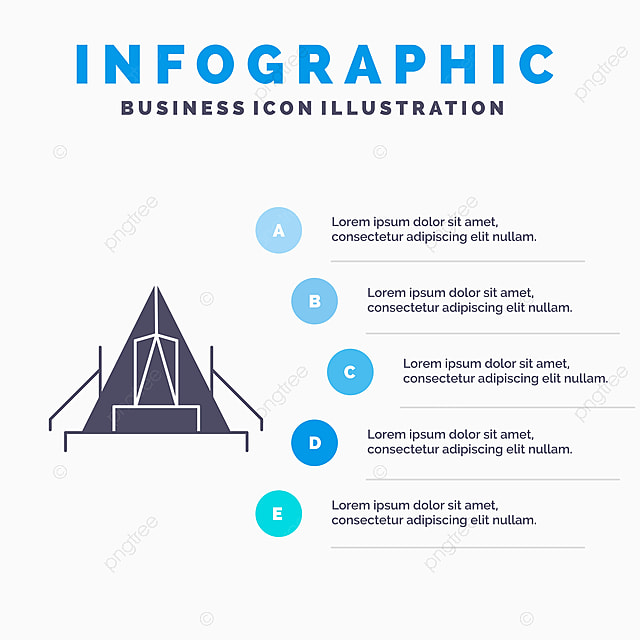Polyester fabric discovers a varied series of applications throughout the garment industry. Whether you're an artist searching for a steady paint surface area or a supplier looking for strong decorative materials, polyester canvas provides the ideal equilibrium of toughness, adaptability and green qualities.
Nonetheless, some people favor cotton for its breathability and gentleness. Garment designers may intend to consider a 50/50 Cotton/Polyester mix for projects that need both durability and comfort.
Price
Cotton canvas is much more pricey than polyester because of its resource-intensive growing procedure. It likewise calls for careful handling and storage to maintain its quality gradually. These added costs can increase the overall cost of production for musicians and manufacturers.
An additional downside to cotton canvas is its vulnerability to fading and damage from UV exposure. This can bring about decreased shade vibrancy over time and a loss of architectural integrity, particularly in locations that experience constant contact or heavy load-bearing.
In comparison, polyester is an artificial fiber that's engineered for consistency and toughness. This makes it a more affordable choice for makers and buyers, especially in areas where longevity is a leading priority. The material's strength additionally supplies better resistance to wrinkles and fracturing with time. The synthetic nature of polyester, nevertheless, can leave a bigger environmental footprint than cotton canvas if it's not sourced from natural or low-impact systems. This is an essential factor to consider for organizations striving for sustainability and eco-conscious branding.
Sturdiness
In the marketplace for canvas rolls, buyers face a wide range of alternatives with competing top priorities. Cotton supplies natural structure and breathability, suitable for brand names concentrated on sustainability and craftsmen workmanship. Polyester, on the other hand, provides a well balanced mix of toughness and stability and printing performance with color vibrancy and toughness.
Inevitably, the textile you pick for your items must reflect the guiding principles of your brand story and values. While cotton can offer a premium aesthetic, it's also prone to shrinkage and upkeep prices, while polyester makes it possible for far better manufacturing performance and lasting price efficiency.
Both materials are durable and do well in damp atmospheres, but their contrasting qualities make them ideal for various applications. Cotton canvas is a lot more breathable, minimizing the danger of mold and mildew in locations with high moisture. Polyester, on the other hand, is waterproof and dries rapidly in environments where moisture can be bothersome. This can minimize the danger of wetness build-up in the textile, protecting against bending or rot in your product over time.
Convenience
When examining material options for your brand-- whether you're beginning a workwear line or a relaxing loungewear brand-- the type of cotton or polyester canvas you pick effects how your items look, really feel, and use. While all canvas types sustain print-on-demand and use high shape security, they differ in color discussion and printing toughness, comfort, and sustainability.
Cotton and cotton-polyester blends offer a soft appearance, natural organic appearance, and premium warmth balance contrasted to synthetic alternatives. Cotton's fibers wick dampness away from the skin and permit warmth to get away, making it ideal for apparel that needs prolonged wear in cozy atmospheres.
On the other hand, polyester's synthetic nature and petroleum-based production process have an adverse energy equilibrium, which can make it less eco-friendly than cotton in the future. Polyester's abrasion resistance and water-repellency are outstanding, however, that makes it the perfect selection for heavy lots or extreme weather like rainstorms or aquatic settings.
Ecological Impact
Whether choosing cotton or polyester, the perfect material for customized manufacturing relies on product performance objectives. Stamina, durability, and long life are all important variables when creating products that will certainly endure recurring abrasion, heavy load-bearing, or high stress and anxiety points. Water resistance, joint stability, and UV security are likewise essential to long-lasting success in outdoor and moist environments.
While both materials can perform well in these locations, their environmental influence is slightly various. Cotton's natural, breathable building and construction needs significantly a lot more sources for growing than polyester's artificial fibers.
When choosing an eco sustainable material, consider a variety of impact analysis methods to assess the full ecological impact of your product. Some concentrate on specific effects (like global warming capacity, water usage, and scarcity) while others count on even more holistic evaluations breathable fabric like Dish, ILCD, CML, and Eco-indicator 99.
